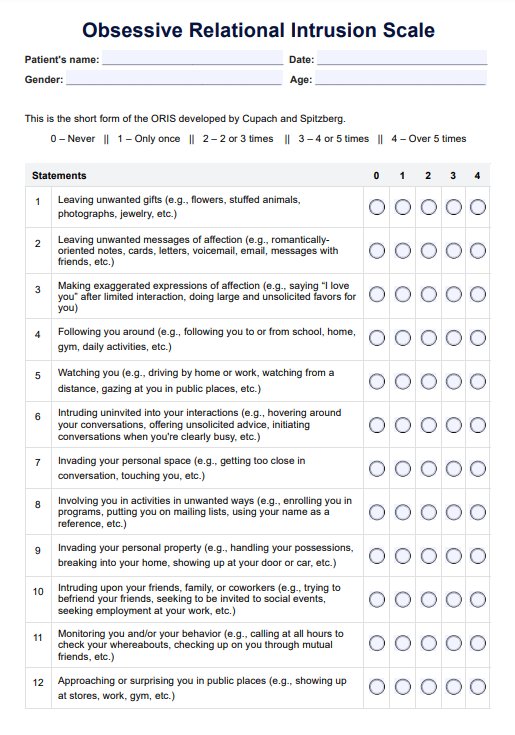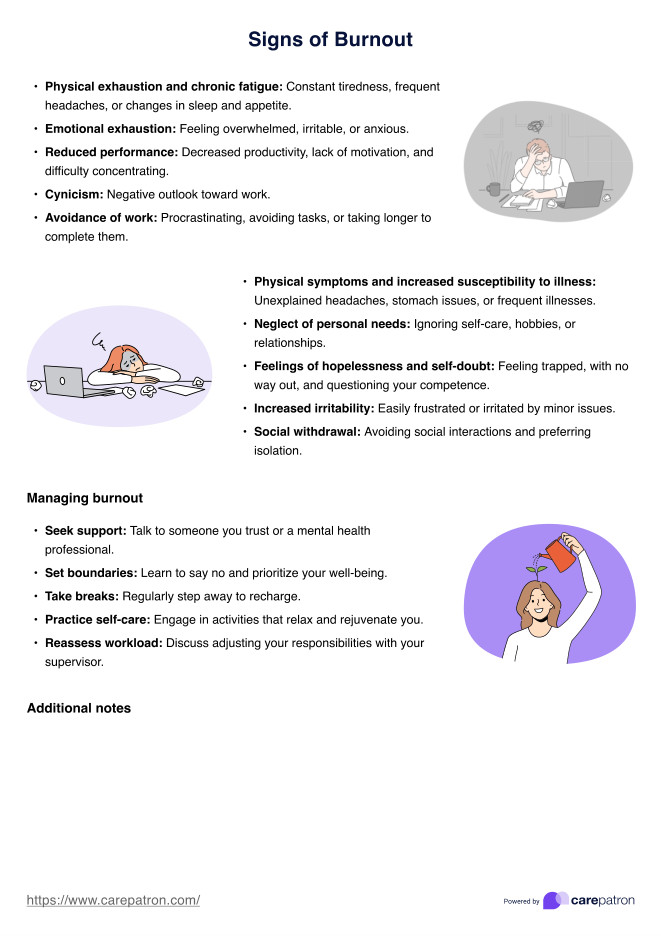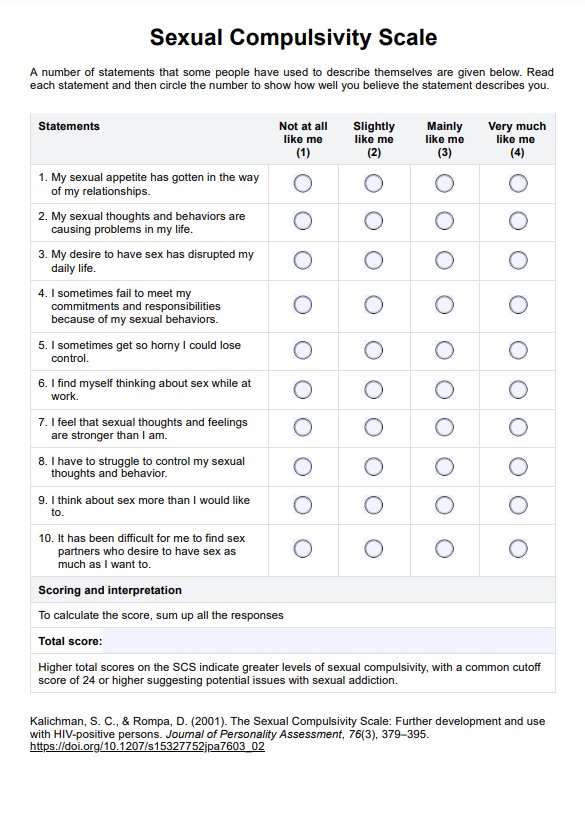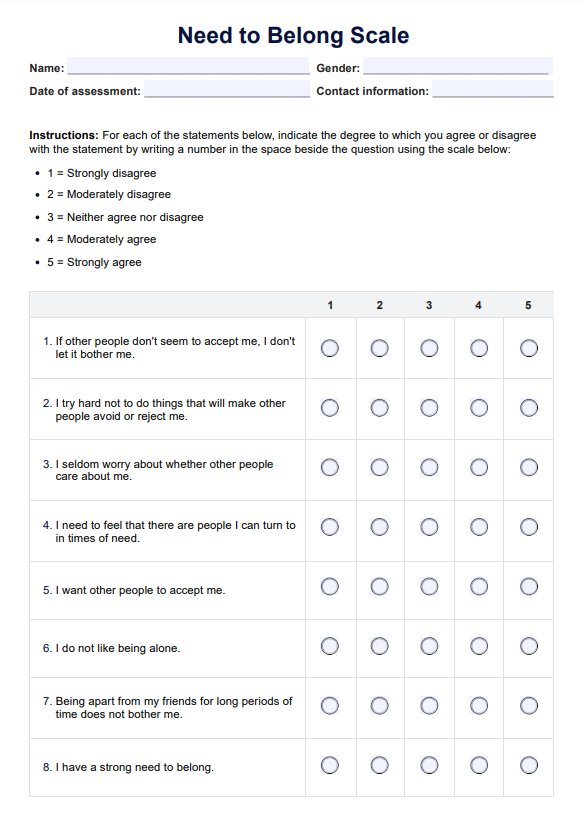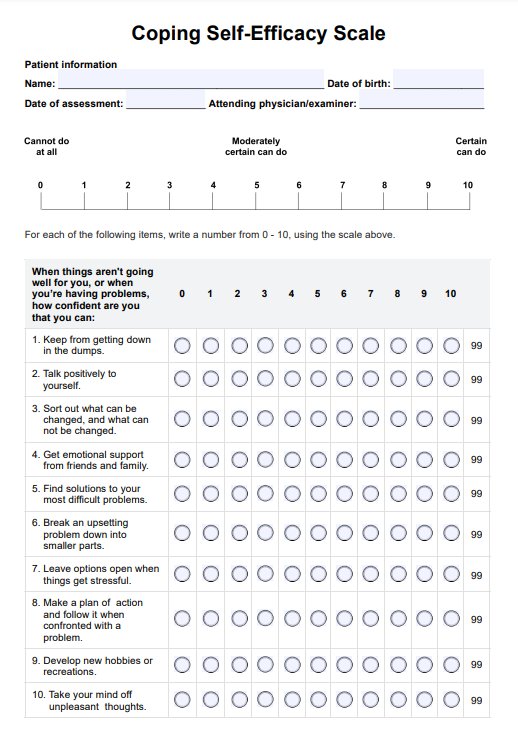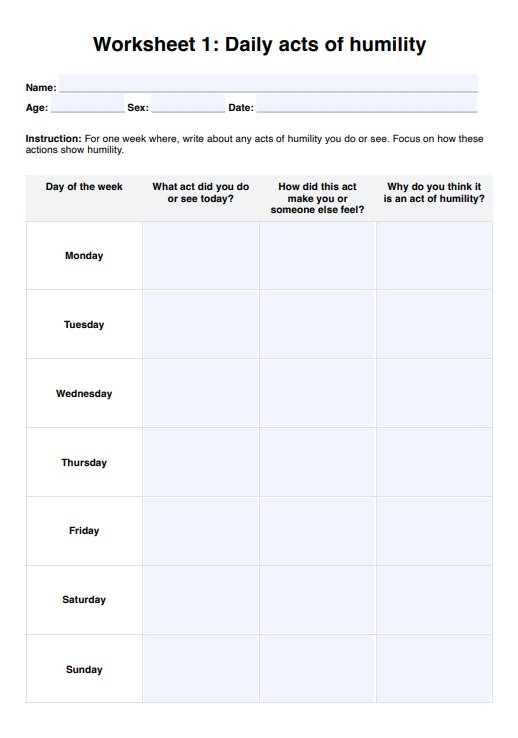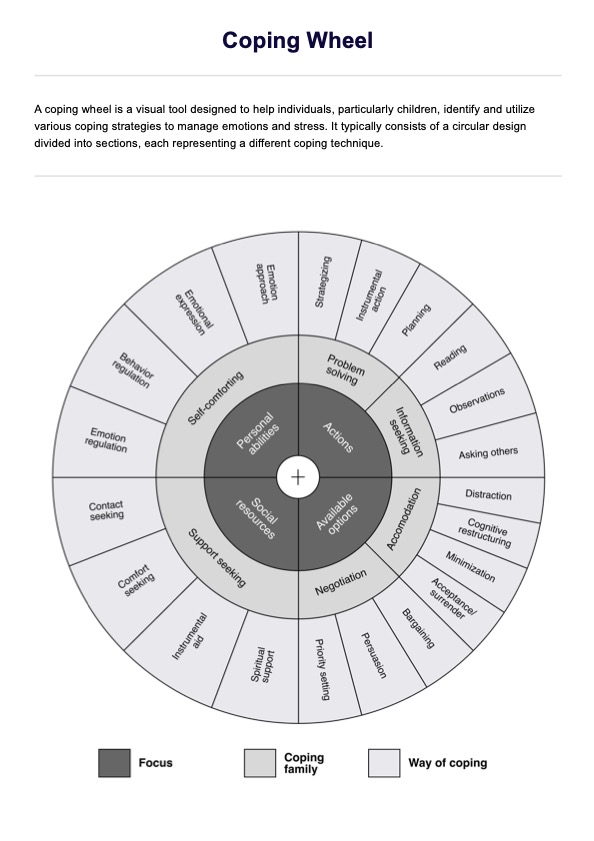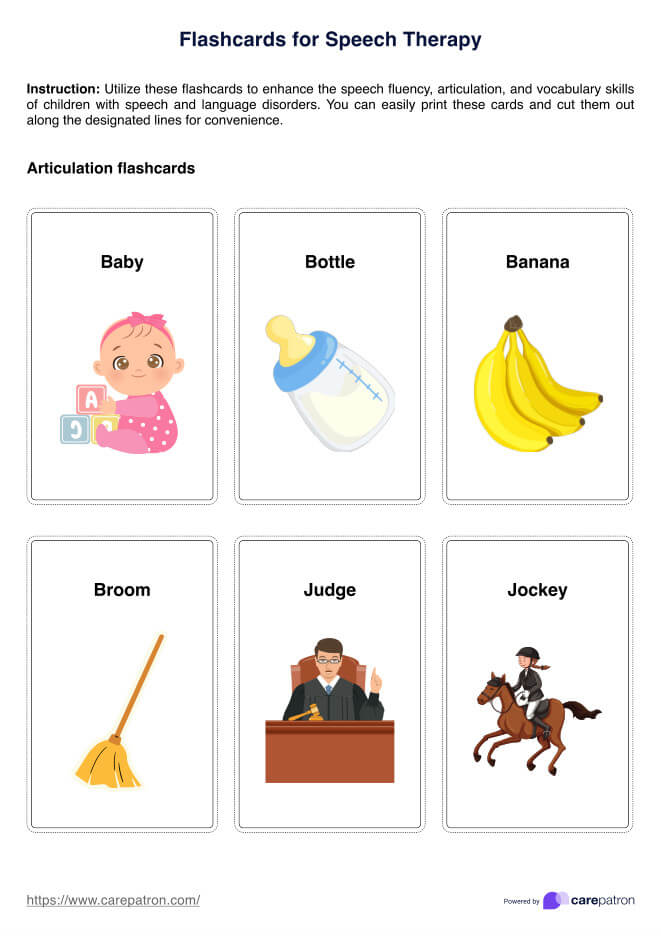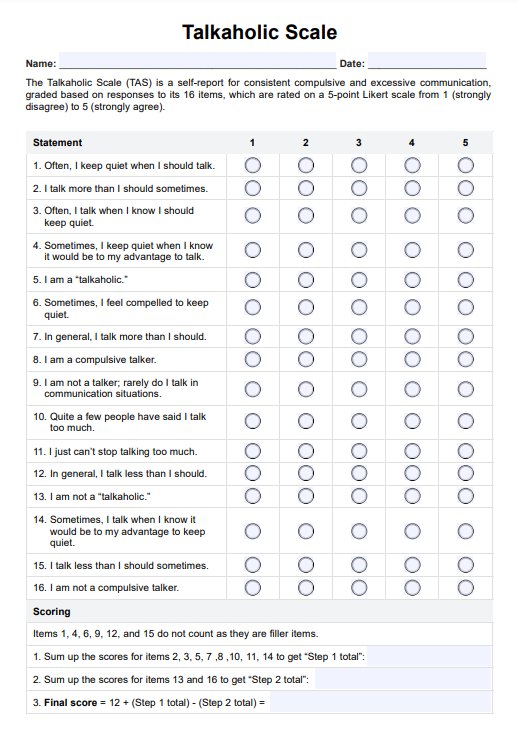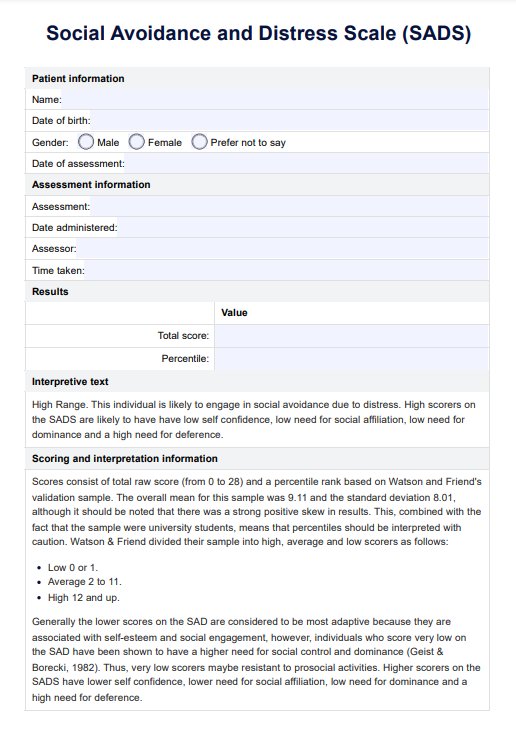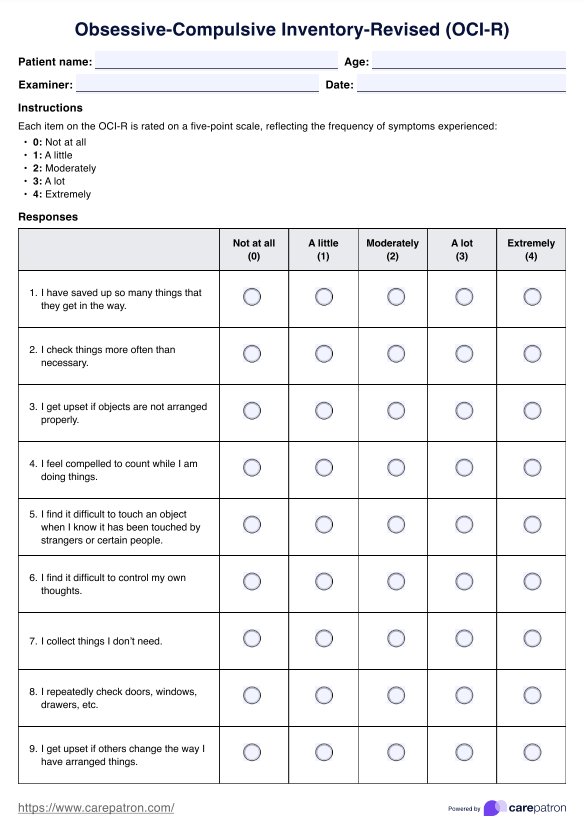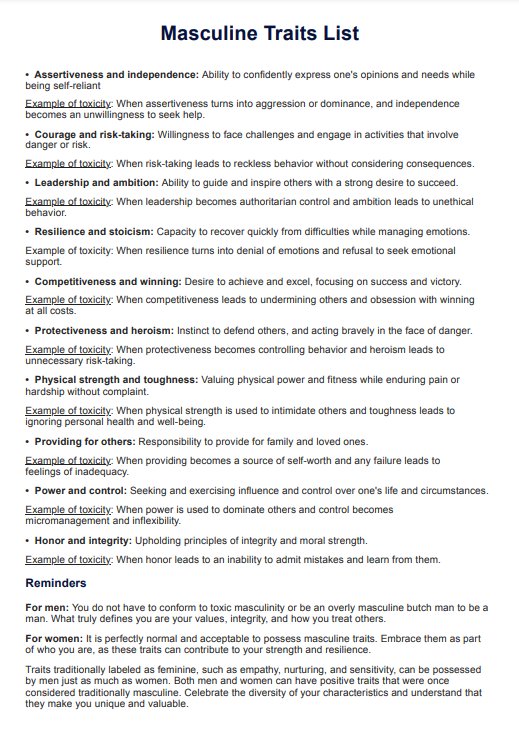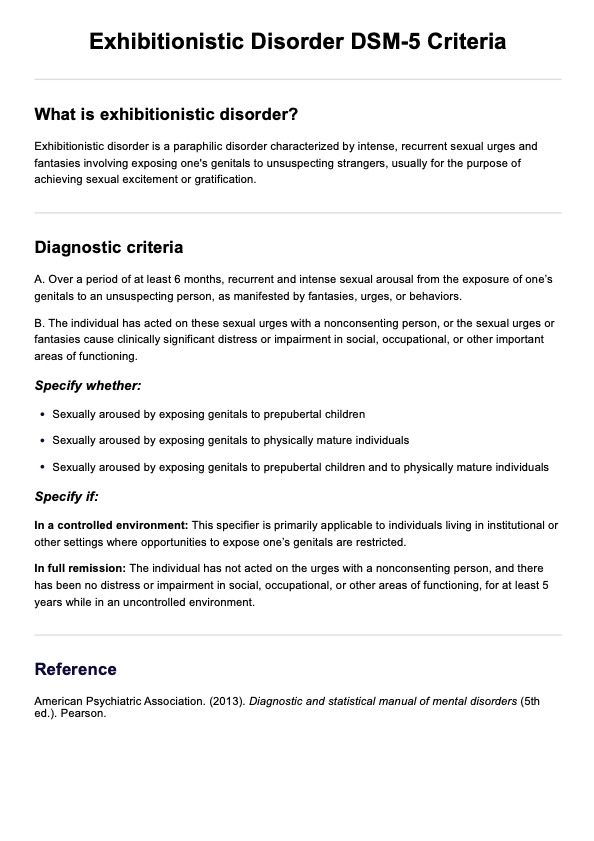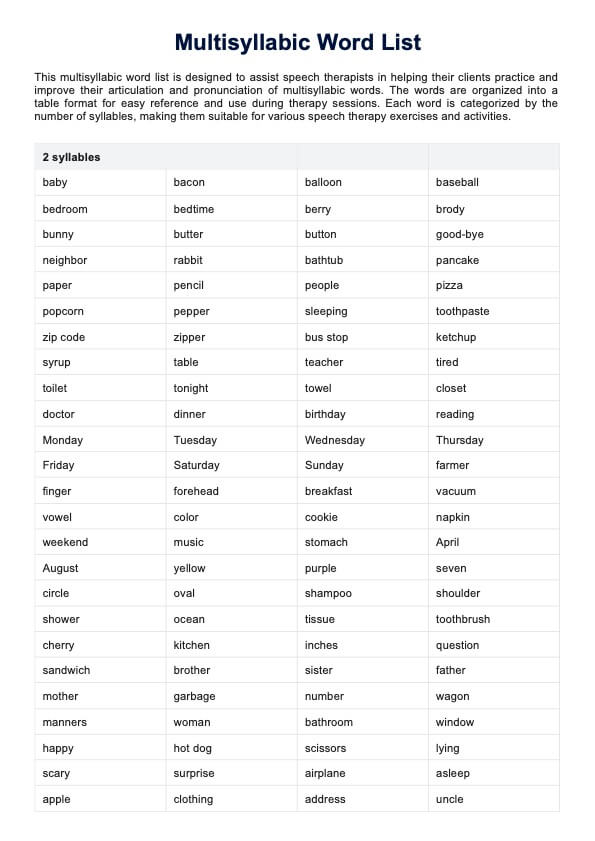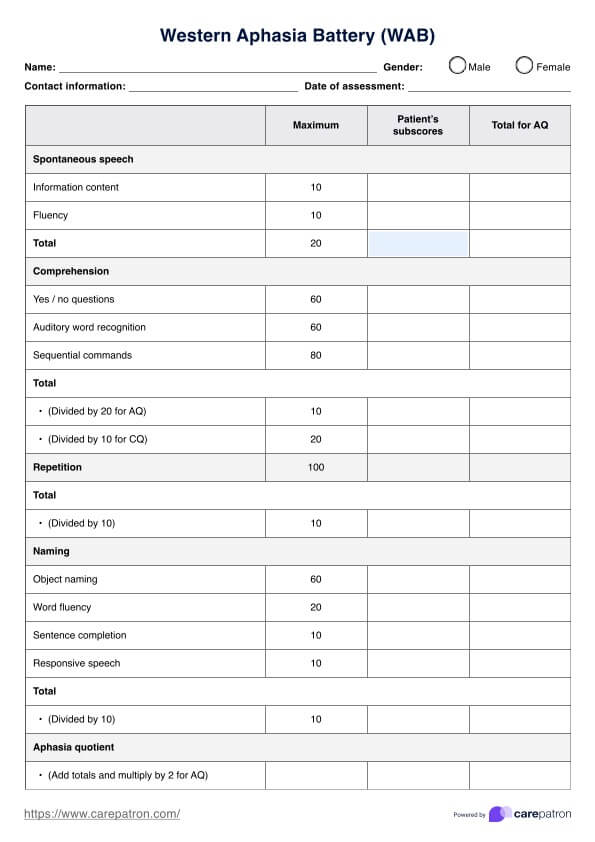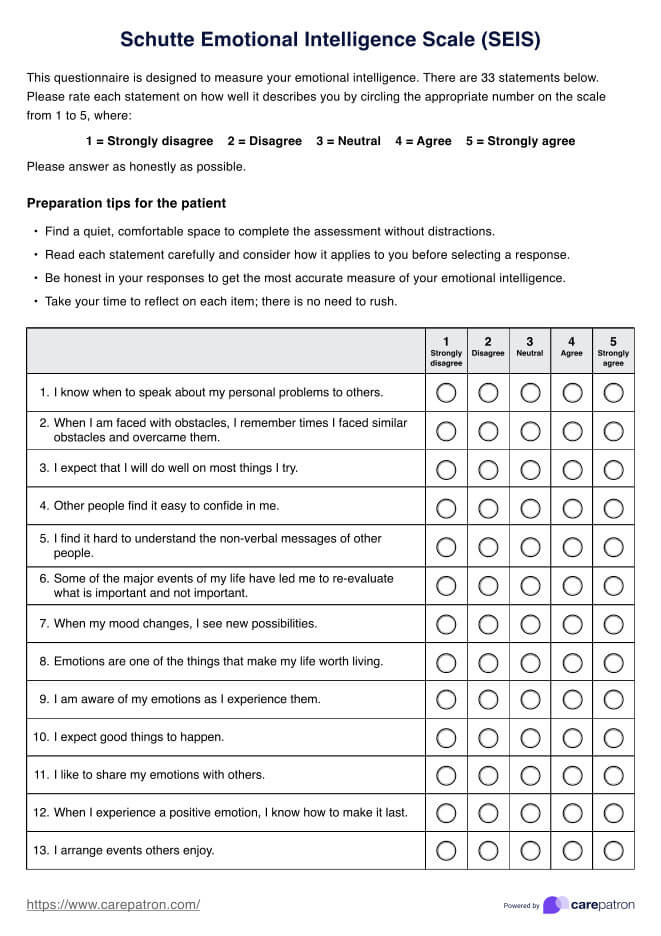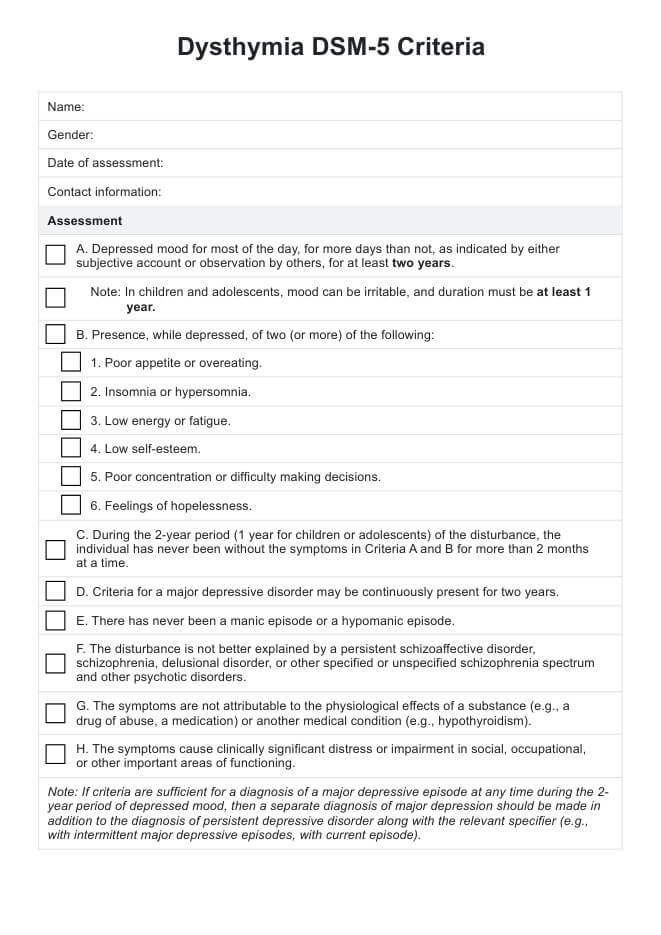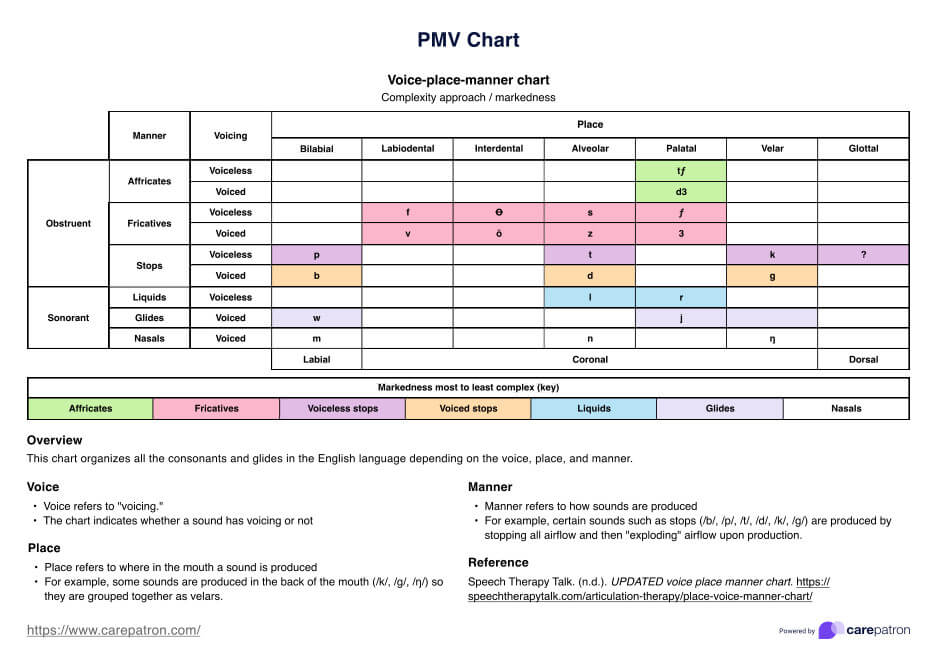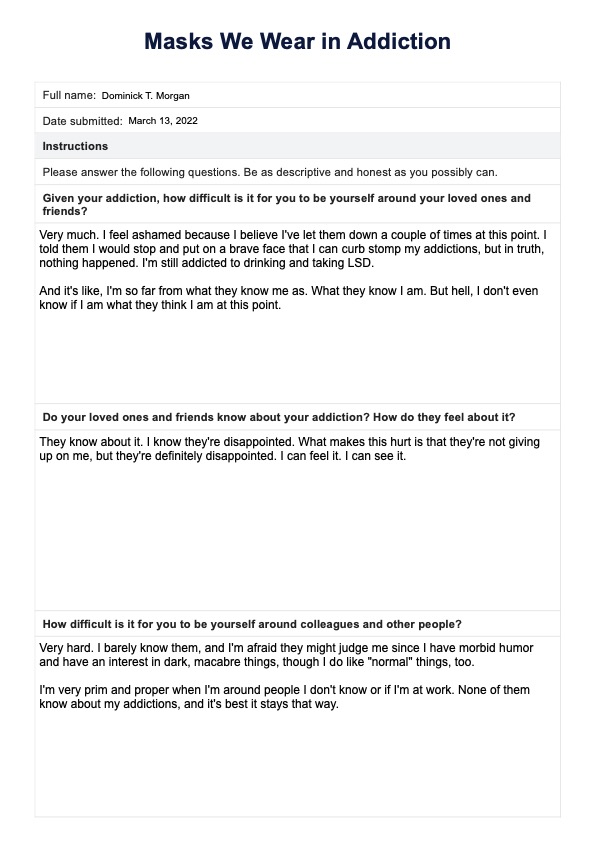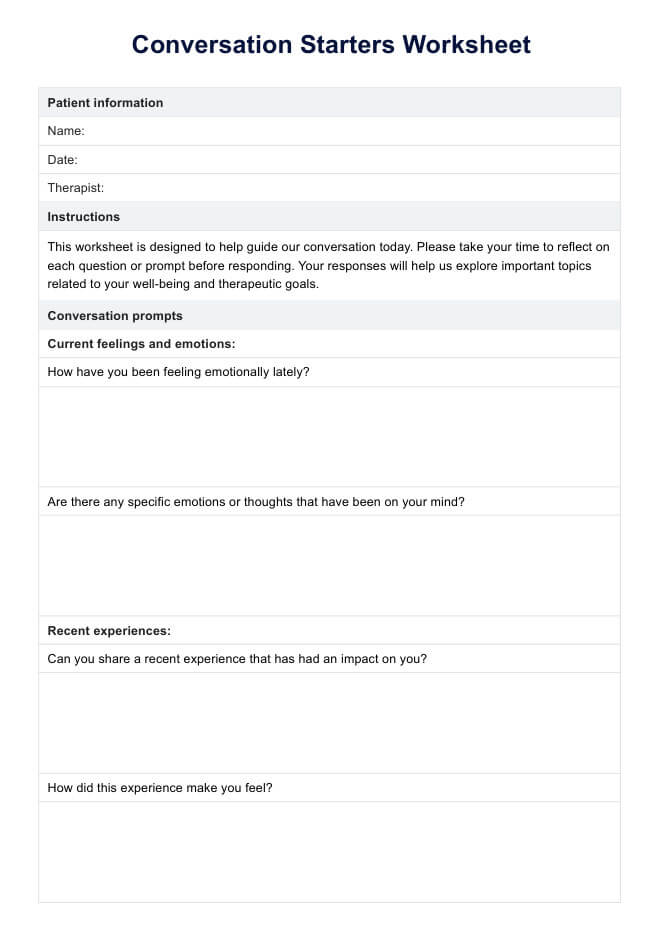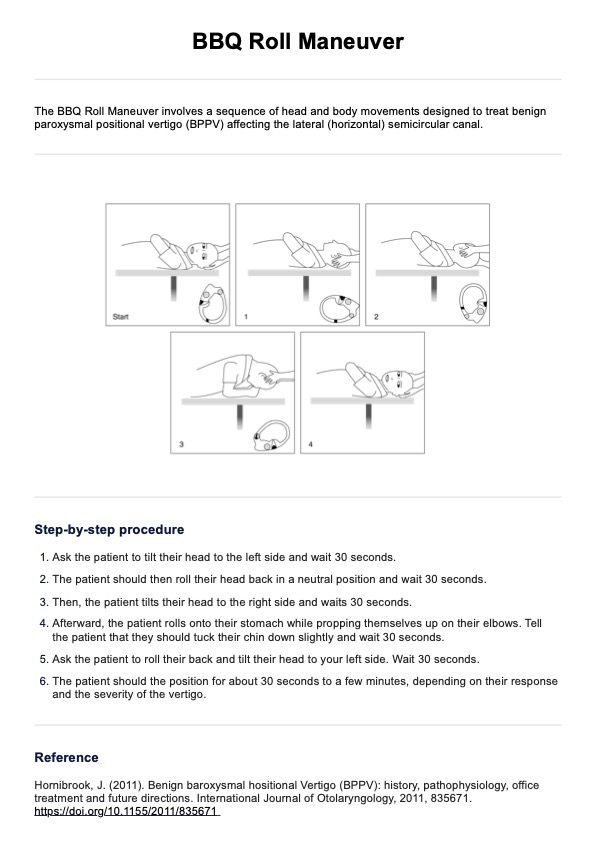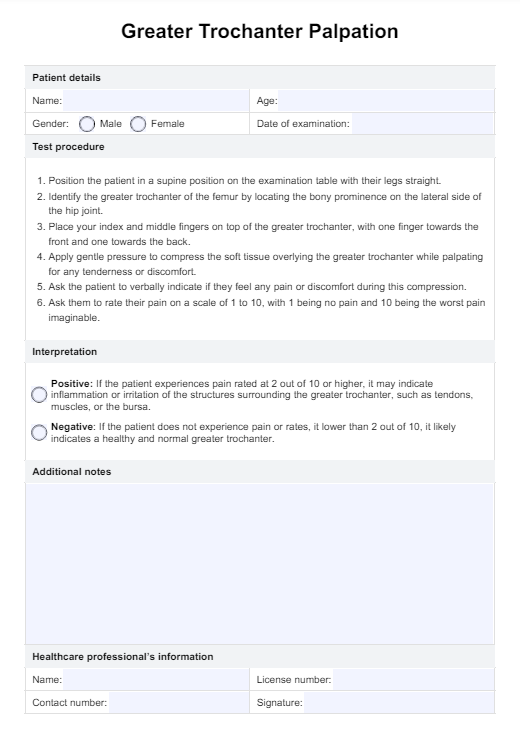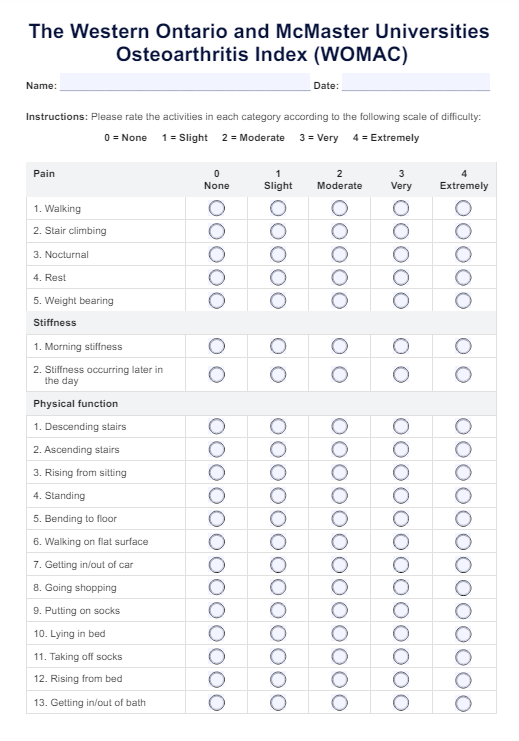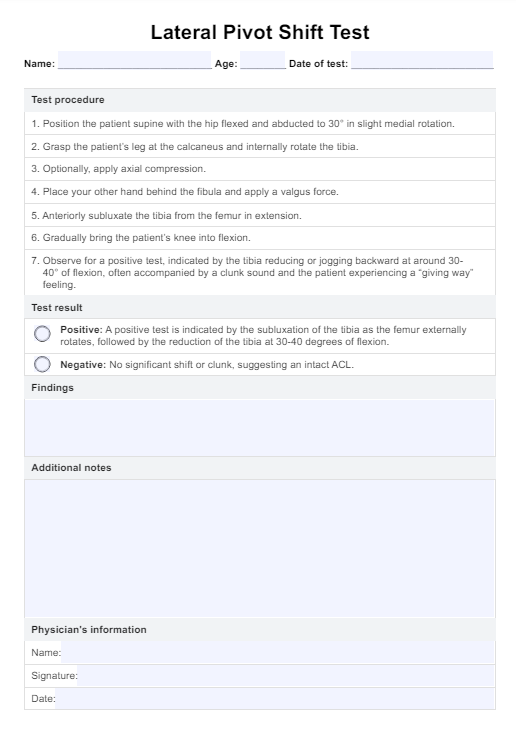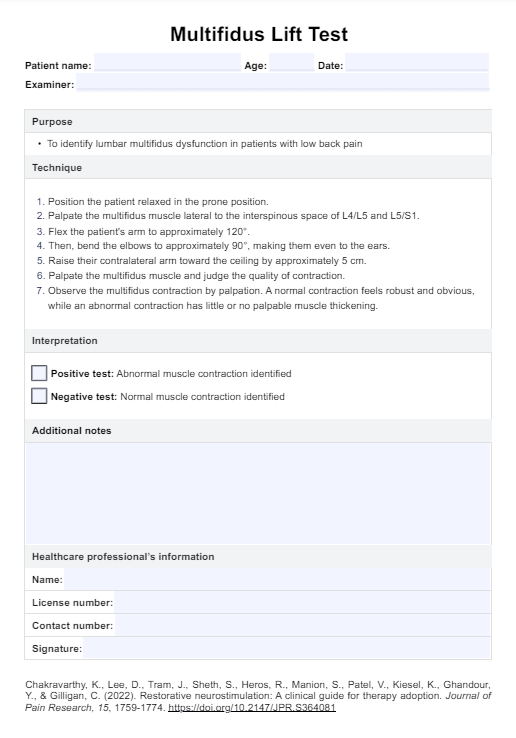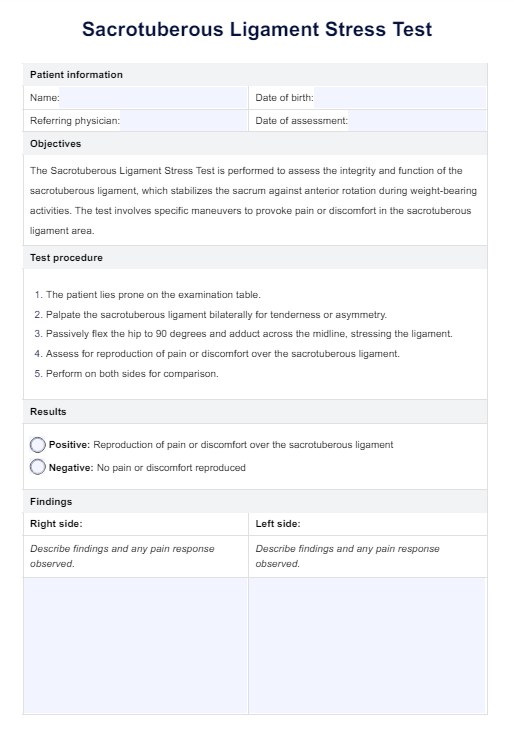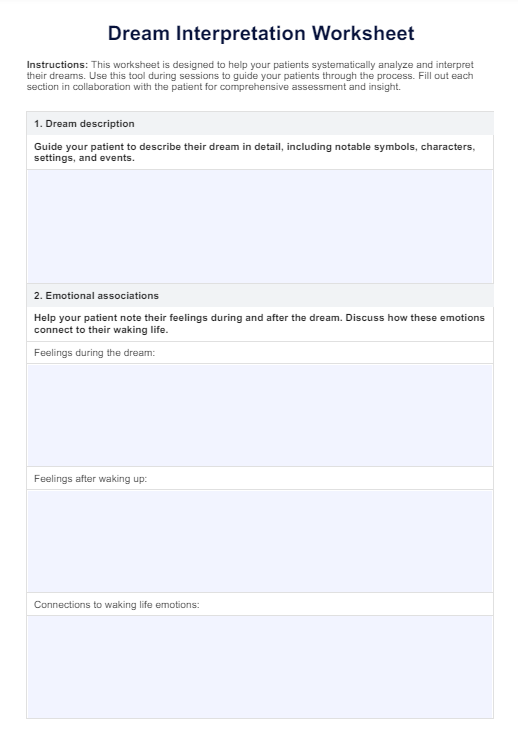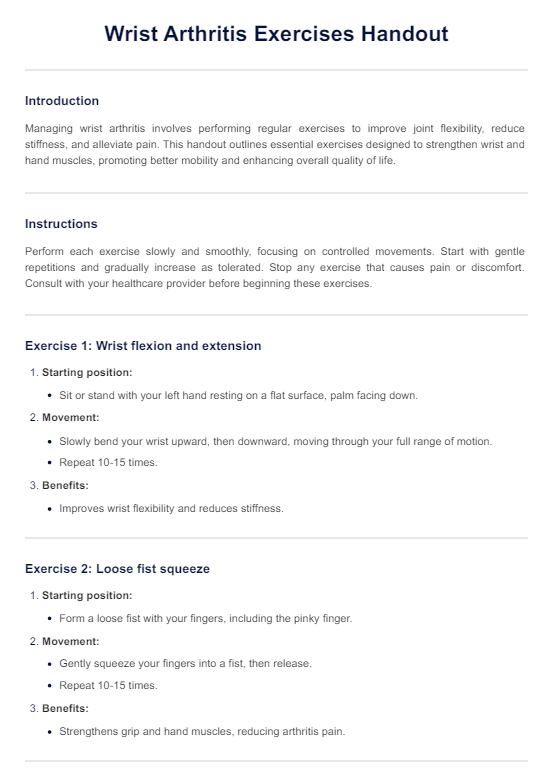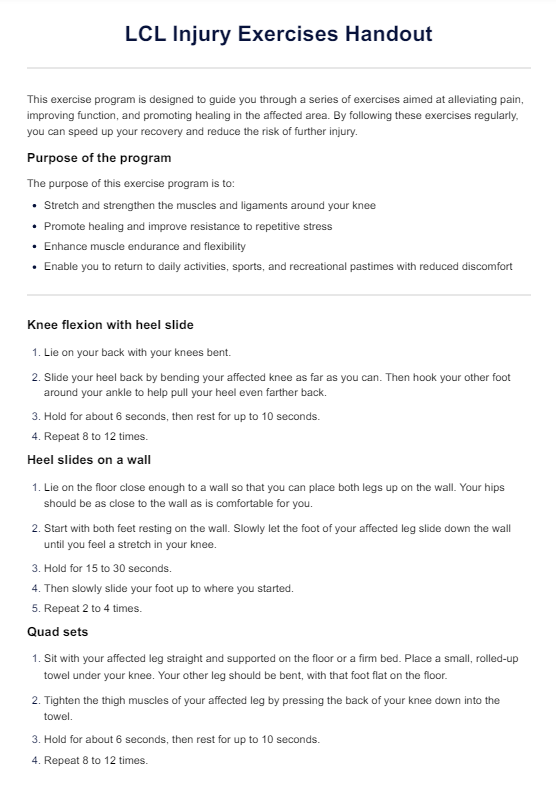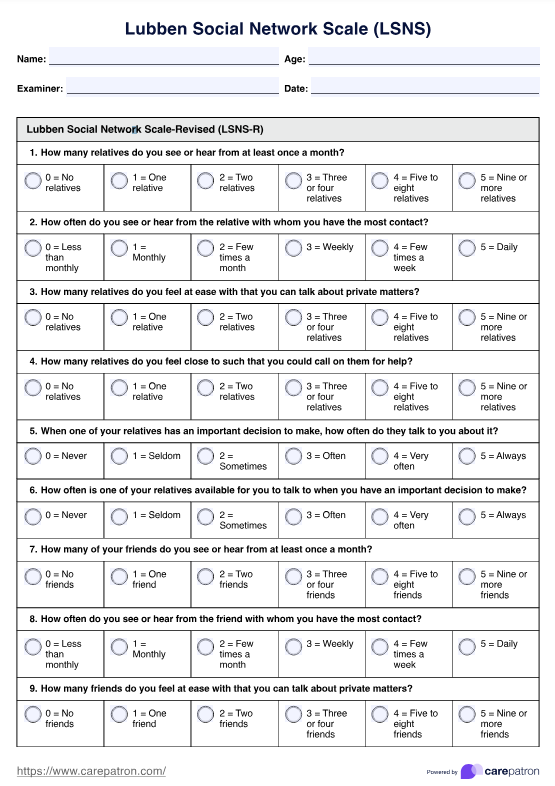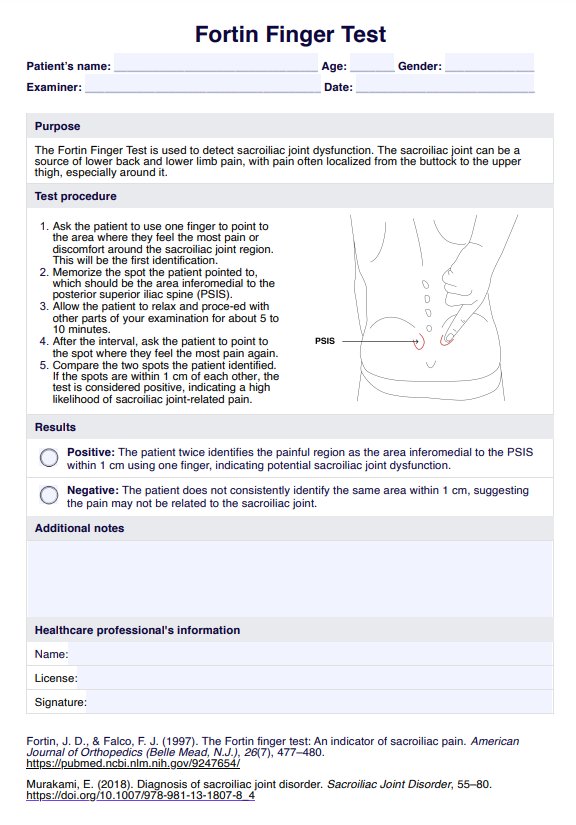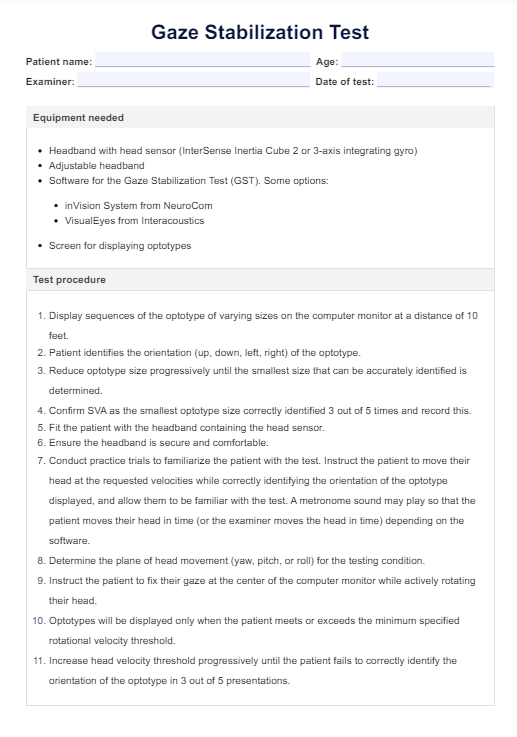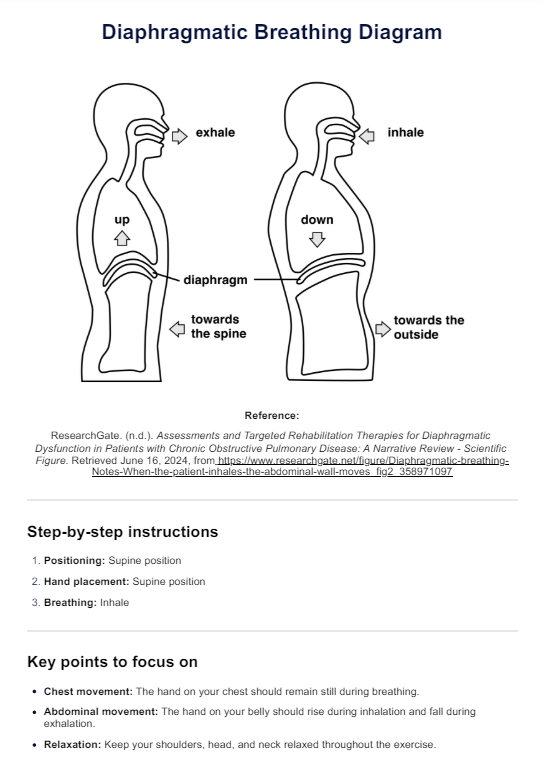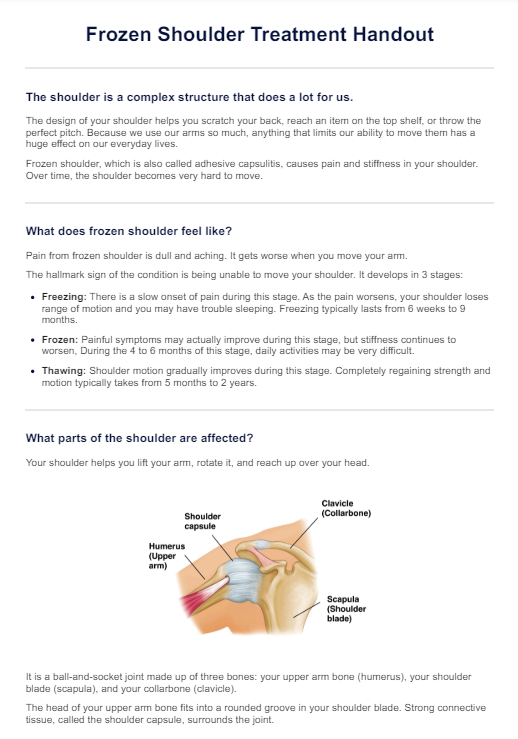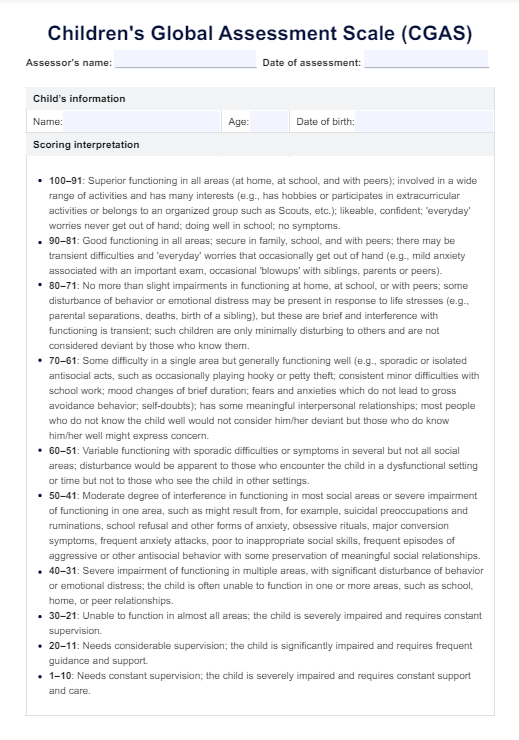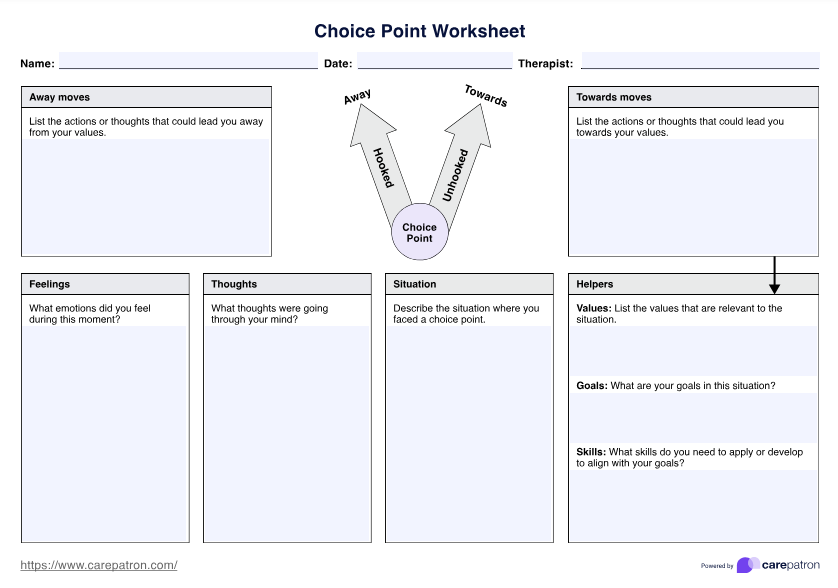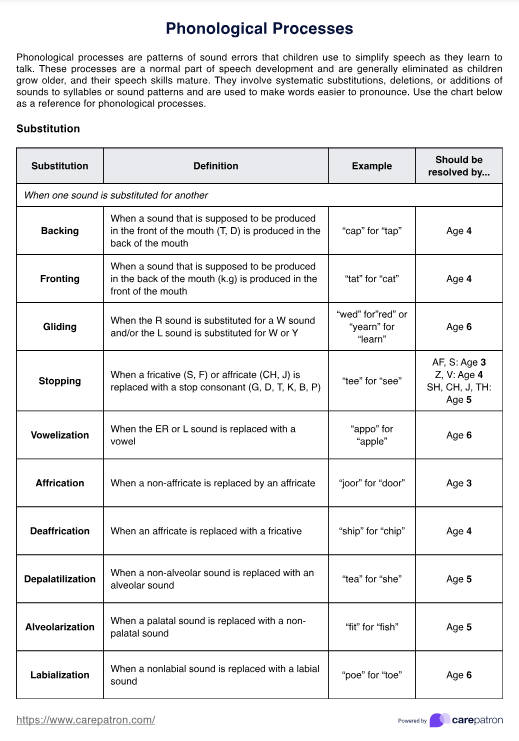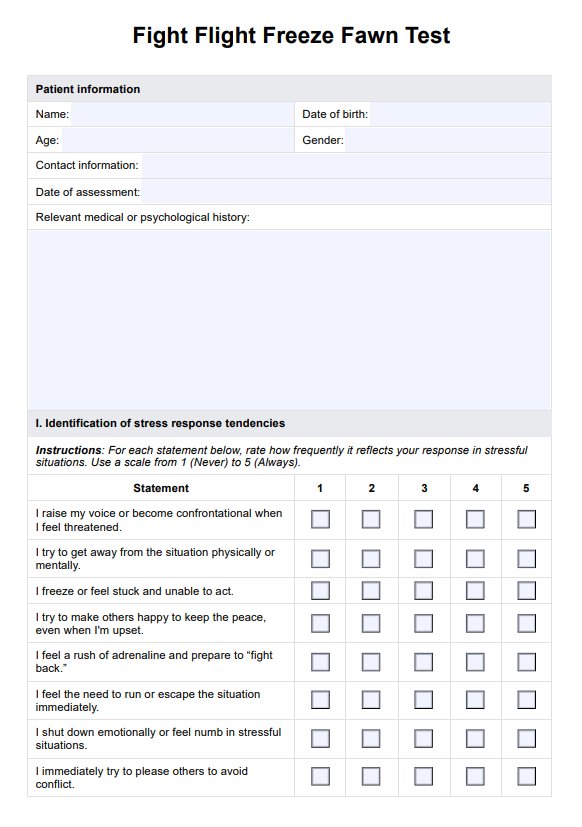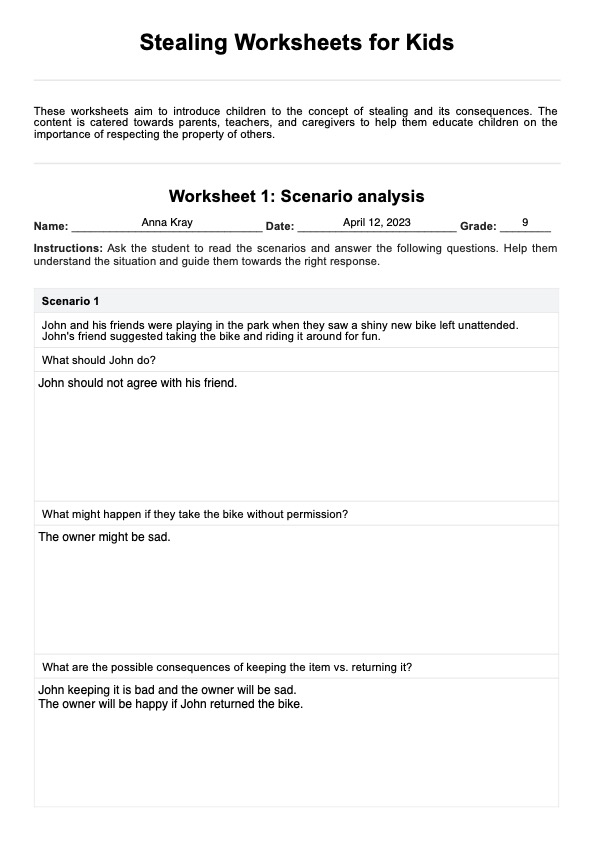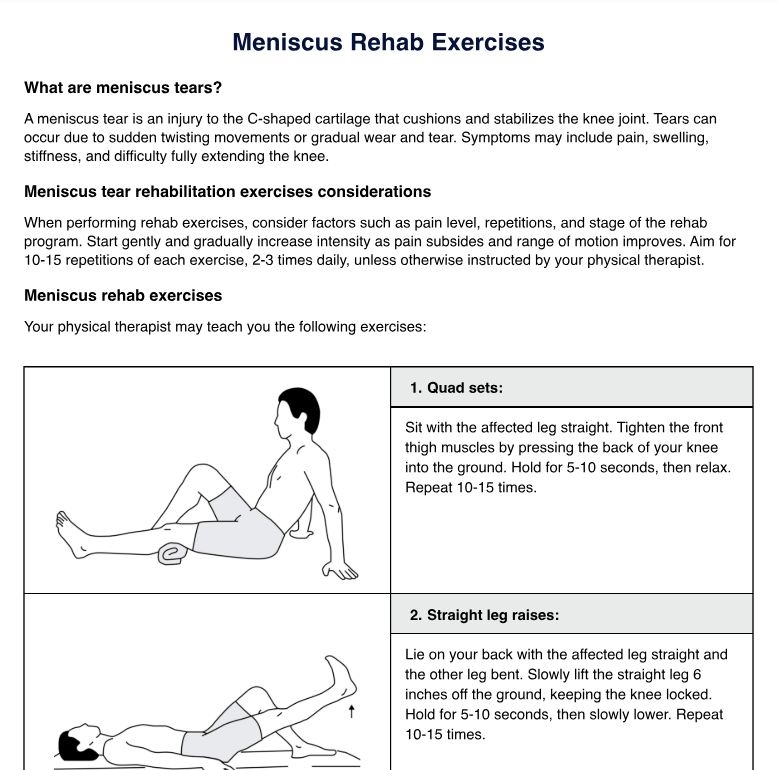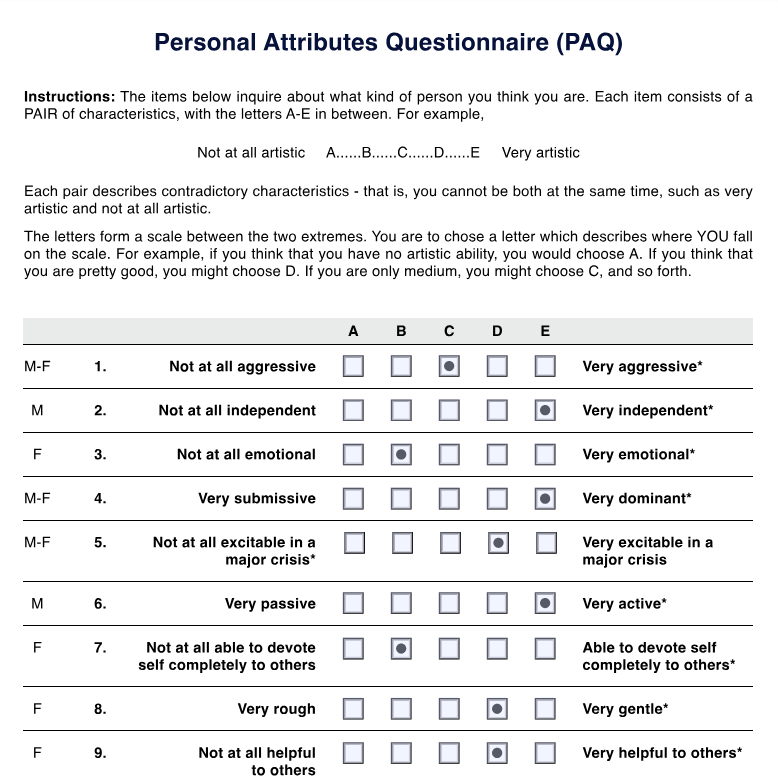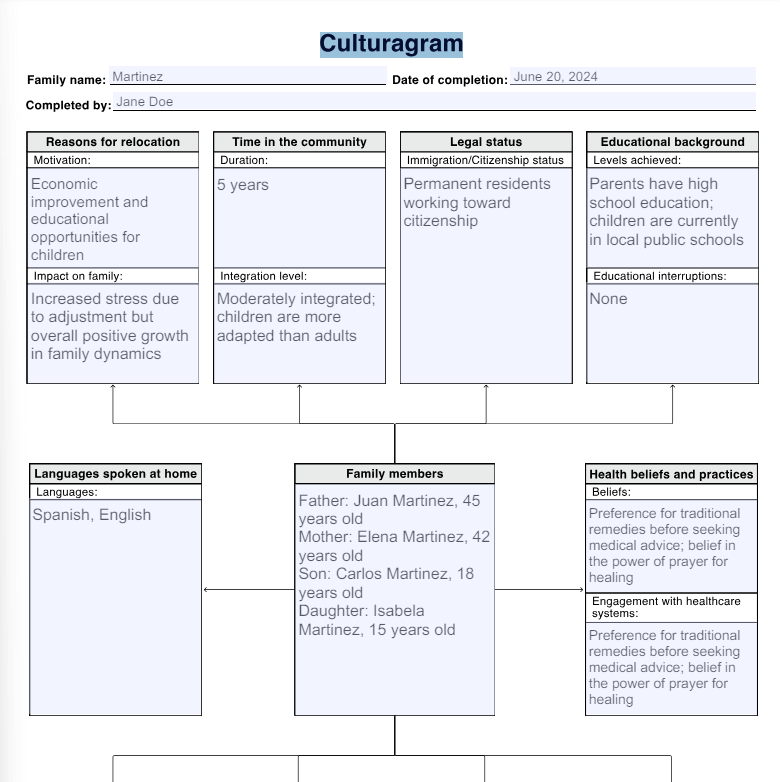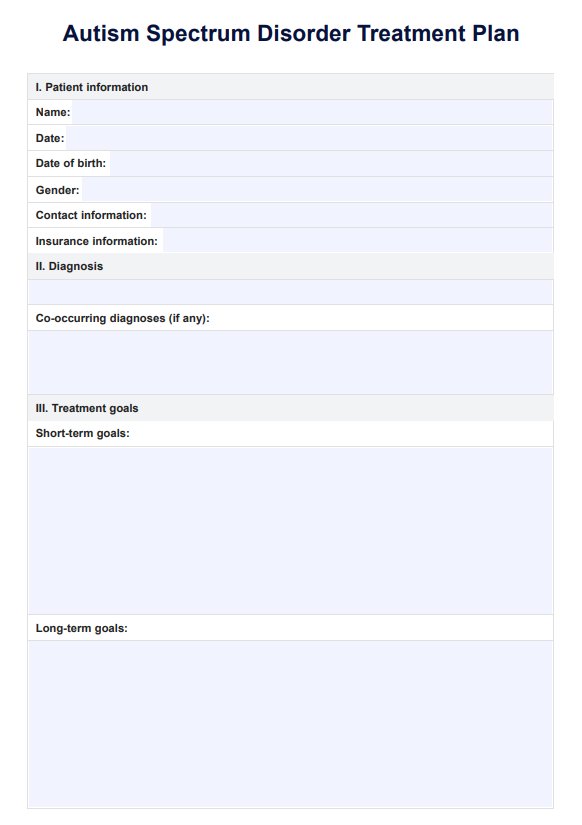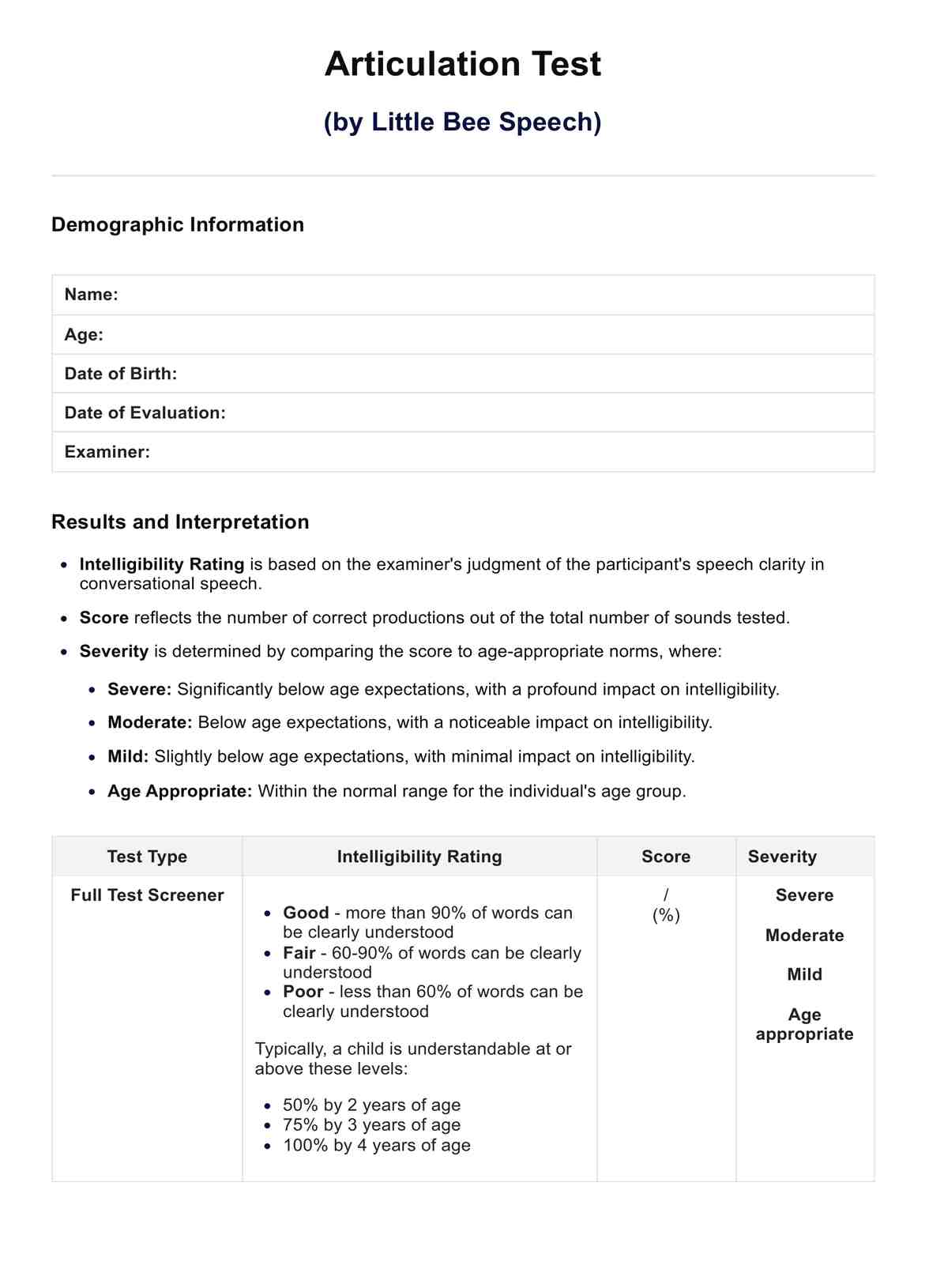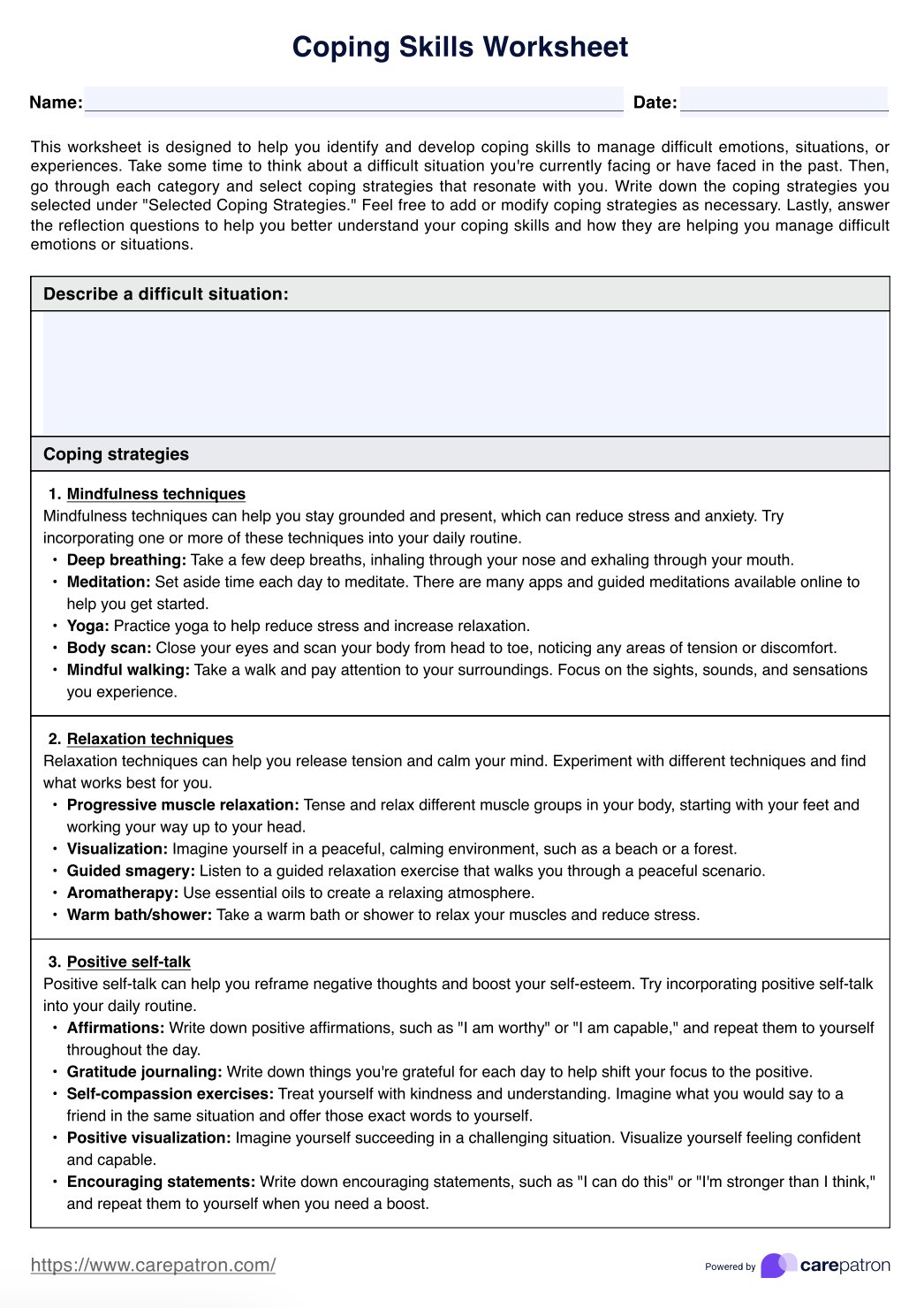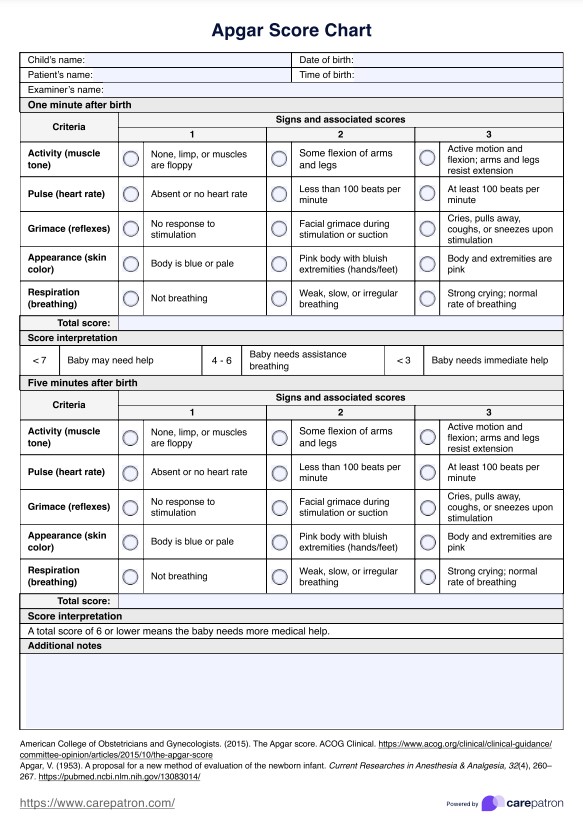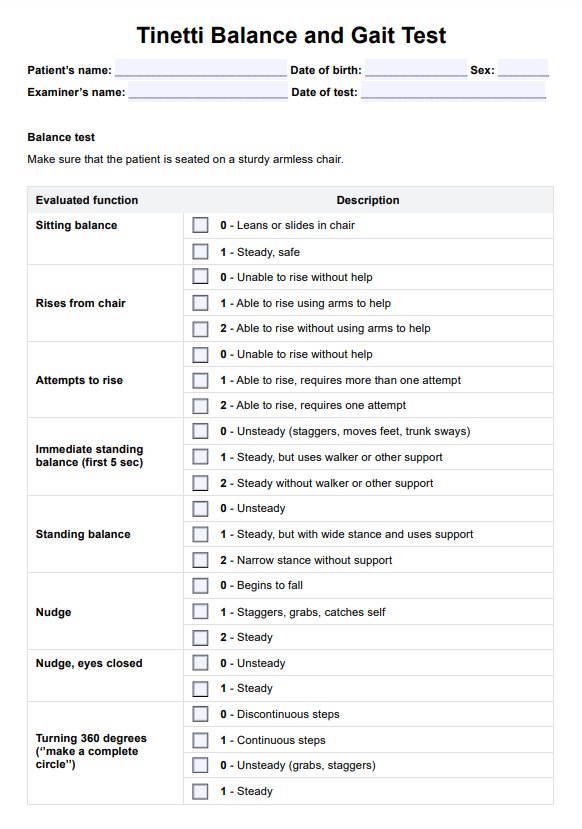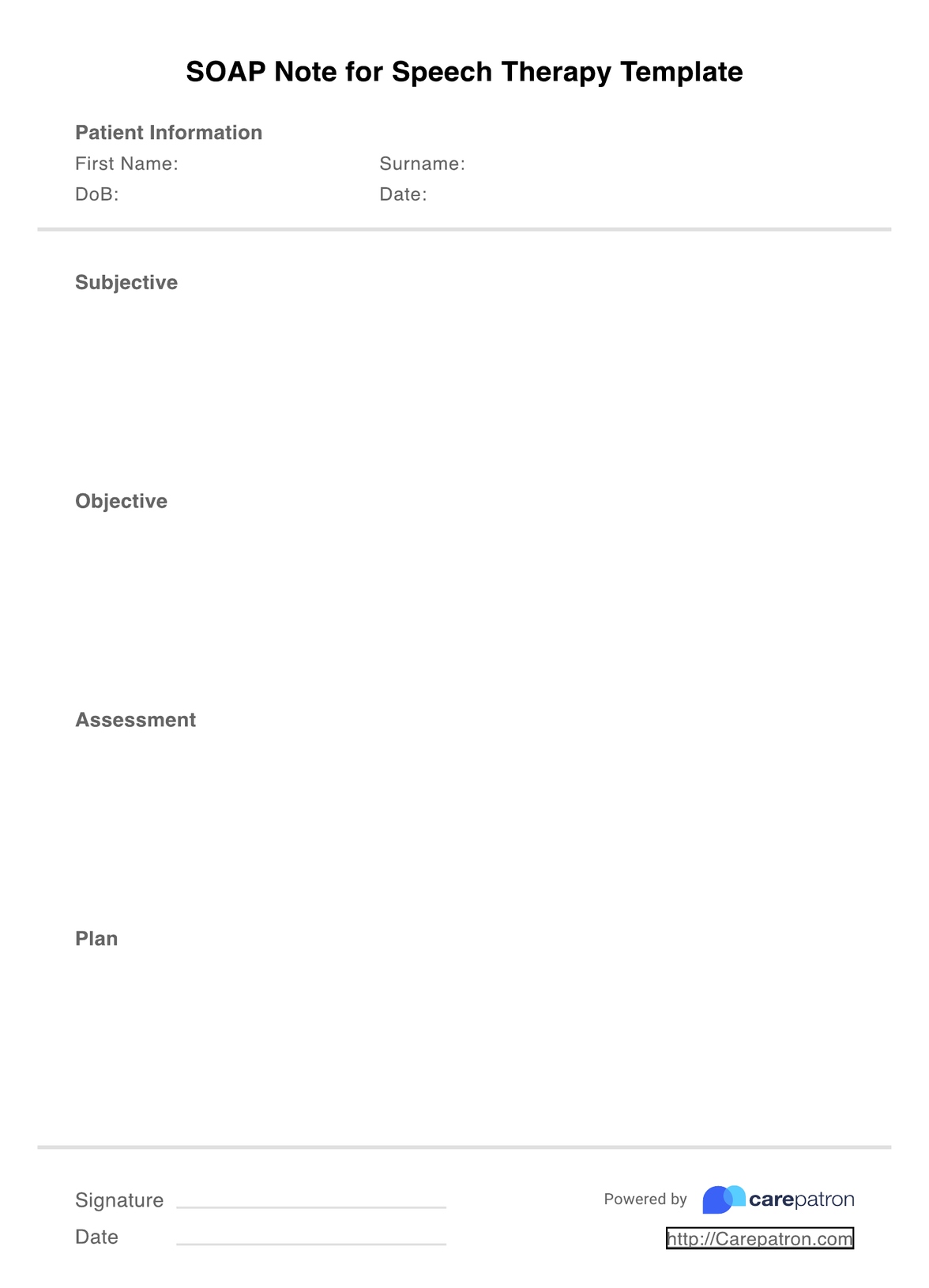SLP Goal Banks
Enhance your speech-language pathology practice with our SLP Goal Bank. Download the free PDF and achieve better outcomes for your clients to improve their speech patterns and communication functions.


What is a SLP Goal Bank?
Speech-language pathology is a worldwide healthcare field that focuses on evaluating, diagnosing, treating, and preventing communication disorders, cognitive-communication disorders, voice disorders, and swallowing disorders throughout a person's life.
prove immensely helpful for speech-language pathologists in their practice. By offering a collection of pre-written, standardized, and customizable goals, it streamlines the process of creating individualized treatment plans for their clients. This resource saves valuable time and effort, allowing SLPs to focus more on delivering targeted therapies and interventions.
Instead of starting from scratch for each client, they can efficiently access the Goal Bank and select the most appropriate objectives that address the specific needs of individuals across different age groups, from young children to adults. As a result, the SLP Goal Bank enhances the effectiveness and efficiency of speech-language pathology interventions, promoting better outcomes for clients with communication and language disorders.
SLP Goal Bank fosters consistency and standardization in speech-language pathology practices. With pre-established goals, SLPs can ensure that their treatment plans adhere to evidence-based practices and best practices in the field.
SLP Goal Banks Template
SLP Goal Banks Example
How does it work?
Follow these steps to make the most of our Printable SLP Goal Banks and streamline your speech-language pathology practice:
Step One: Access the SLP Goal Bank
Download the SLP Goal Bank through our provided link or access it on our user-friendly platform. You can also find it in our extensive resources library.
Step Two: Create Individualized Treatment Plans
Leverage the SLP Goal Bank as a valuable resource to design personalized treatment plans for your clients. Select specific objectives that align with each individual's unique needs and challenges. Feel free to modify the goals to suit their preferences and goals.
Step Three: Implement Targeted Intervention Strategies
Refer to the Goal Bank to ensure comprehensive coverage of relevant objectives during therapy sessions. Employ evidence-based intervention techniques and tools to support your clients' communication progress effectively.
Step Four: Monitor Progress and Adapt
Regularly track your clients' progress and achievements using the SLP Goal Bank. Keep detailed notes and record breakthroughs. Evaluate the effectiveness of your interventions and make informed adjustments as needed.
When would you use this Form?
The SLP Goal Bank is a valuable resource for speech-language pathologists (SLPs), offering multiple applications to enhance their practice and provide personalized care to clients with communication and language disorders. SLPs can utilize the Goal Bank in various ways. It enables them to create individualized treatment plans by selecting pre-written goals that match each client's unique needs and challenges, tailoring interventions for optimized therapy outcomes.
The Goal Bank serves as a reference during therapy sessions, ensuring comprehensive coverage of relevant objectives. SLPs can monitor clients' progress, record breakthroughs, and make informed intervention adjustments as needed. This streamlined approach saves time and effort, allowing SLPs to focus on delivering targeted, evidence-based therapies.
The Goal Bank fosters collaboration among SLPs, providing a platform for sharing ideas, strategies, and successful outcomes, enriching the collective knowledge of the speech-language pathology community.
Adhering to evidence-based approaches, the pre-written goals in the Goal Bank contribute to standardizing goal-setting practices, ensuring consistency, and generating reliable data for research and advancements in the field.
Benefits of SLP Goal Banks
Facilitates Comprehensive Assessment
This Free SLP Goal Bank is a valuable tool for speech-language pathologists (SLPs) to comprehensively assess various communication and language disorders. It offers a wide range of pre-written goals targeting different aspects of communication, allowing SLPs to identify specific areas of concern in their clients' speech and language abilities.
Guides Individualized Treatment Planning
By accessing the SLP Goal Bank, SLPs can efficiently design personalized treatment plans for their clients. The pre-established goals can be tailored to match each individual's unique needs, strengths, and challenges, ensuring that therapy interventions are targeted and effective.
Enhances Progress Tracking and Evaluation
During therapy sessions, the SLP Goal Bank is a reference to track clients' progress and achievements. SLPs can monitor their clients' advancements in communication skills, record significant breakthroughs, and make informed adjustments to the therapy plan as needed.
Supports Collaboration and Knowledge Sharing
The SLP Goal Bank fosters collaboration among speech-language pathologists. As professionals contribute to and access the Goal Bank, it becomes a shared resource, promoting the exchange of ideas, successful strategies, and innovative approaches in speech-language pathology.
Facilitates Consistency in Practice
By utilizing the standardized goals from the SLP Goal Bank, SLPs can ensure consistency and standardization in their therapy practices. This adherence to evidence-based objectives contributes to reliable data for research and advancements in speech-language pathology.

Research & Evidence
In the 1960s, the field of speech-language pathology made significant strides by distinguishing between speech disorders and language disorders. This recognition led to a remarkable transformation in the profession, as researchers and practitioners focused on developing more specialized techniques to treat diverse communication disorders effectively.
Speech-language pathology relies on a robust scientific foundation, and ongoing research is crucial in its advancement and efficacy. Researchers and practitioners in the field consistently explore cutting-edge assessment and intervention techniques, striving to identify evidence-based practices that maximize the effectiveness of therapy outcomes.
One invaluable tool that has contributed to the progress of speech-language pathology is the SLP Goal Bank. As a collection of pre-written, standardized, and customizable objectives, the SLP Goal Bank has played a crucial role in advancing the profession. Speech-language pathologists (SLPs) can now access a wide range of goals targeting various aspects of communication and language for individuals of different age groups.
By selecting specific goals from the SLP Goal Bank that align with each client's unique needs and challenges, SLPs can tailor interventions to optimize therapy outcomes. The goals are based on evidence-based practices.
References
Ball, L.J., Willis, A., & Beail, N. (2008). When more is less: The impact of base rate information on comparative questions in the forensic speech science laboratory. Forensic Science International, 179(1), 31-37
Murray, E., McCabe, P., & Heard, R. (2017). Speech-language pathologists' perspectives on factors influencing the outcomes of intervention for developmental stuttering. Journal of Fluency Disorders, 52, 20-34.
Commonly asked questions
SLP Goal Banks benefit SLPs by aiding in creating individualized goals for clients, and they also assist parents, caregivers, teachers, and students in understanding and improving communication skills.
In speech therapy, SLP Goal Banks serve multiple purposes, including writing initial goals for children or adults when they first see an SLP and updating goals as therapy progresses. Furthermore, they prove useful in tracking the progress of both the clients and the SLP over time.
Access the SLP Goal Bank through our user-friendly platform or provided link. Create personalized treatment plans by selecting specific objectives that match each client's unique needs. Implement evidence-based intervention strategies during therapy sessions, and use the Goal Bank to track progress, make adjustments, and ensure comprehensive coverage of relevant objectives.



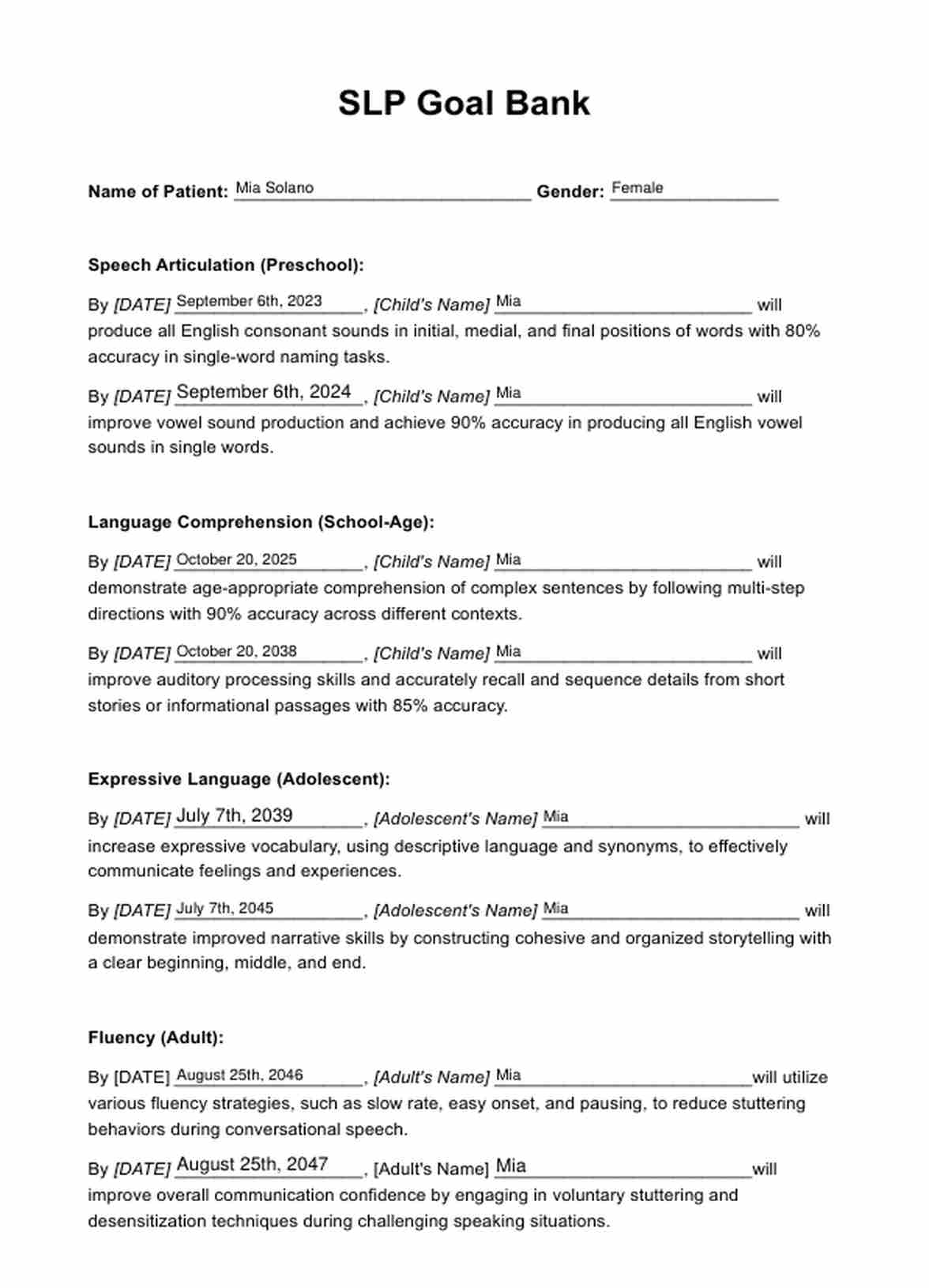

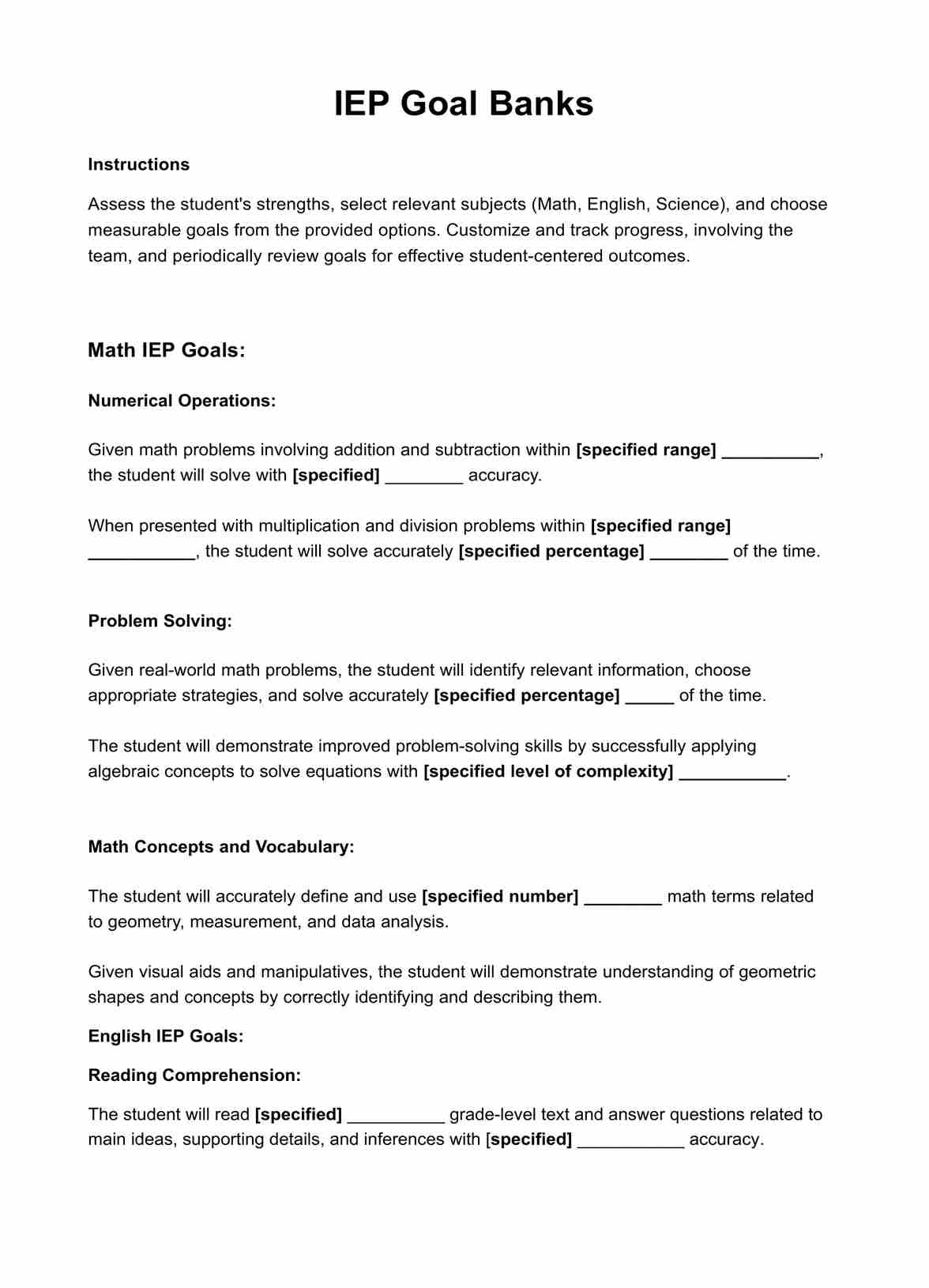
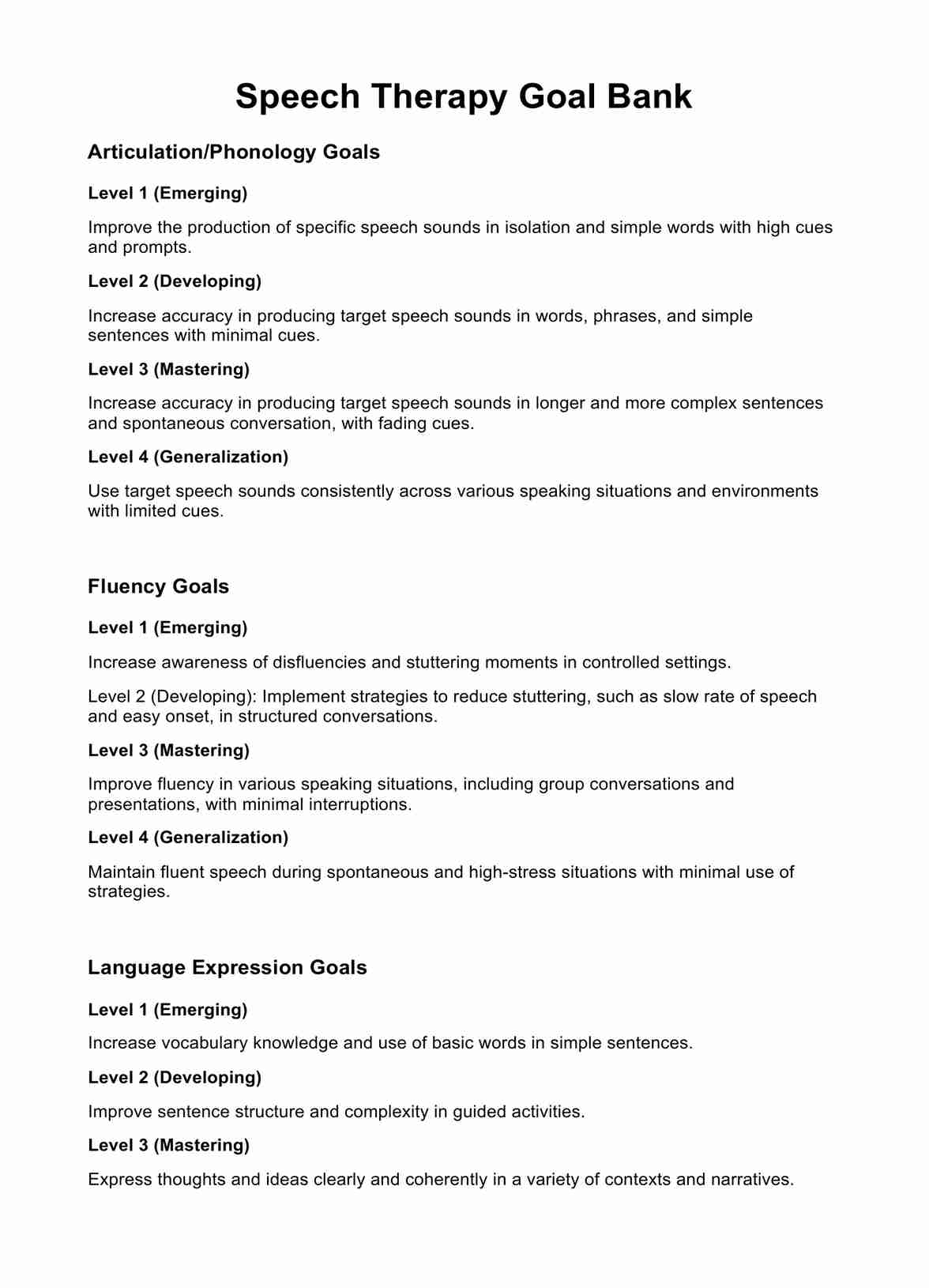
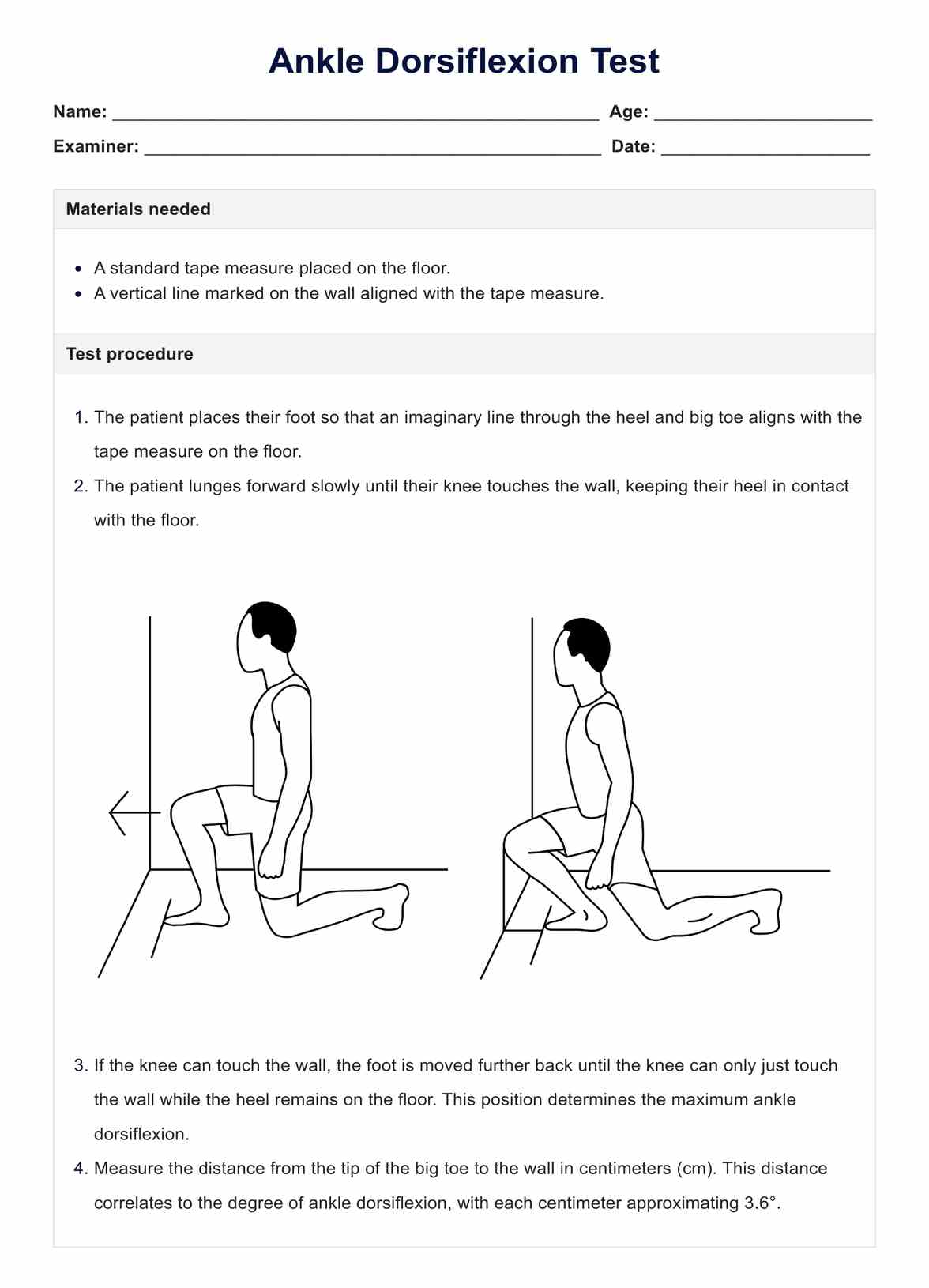
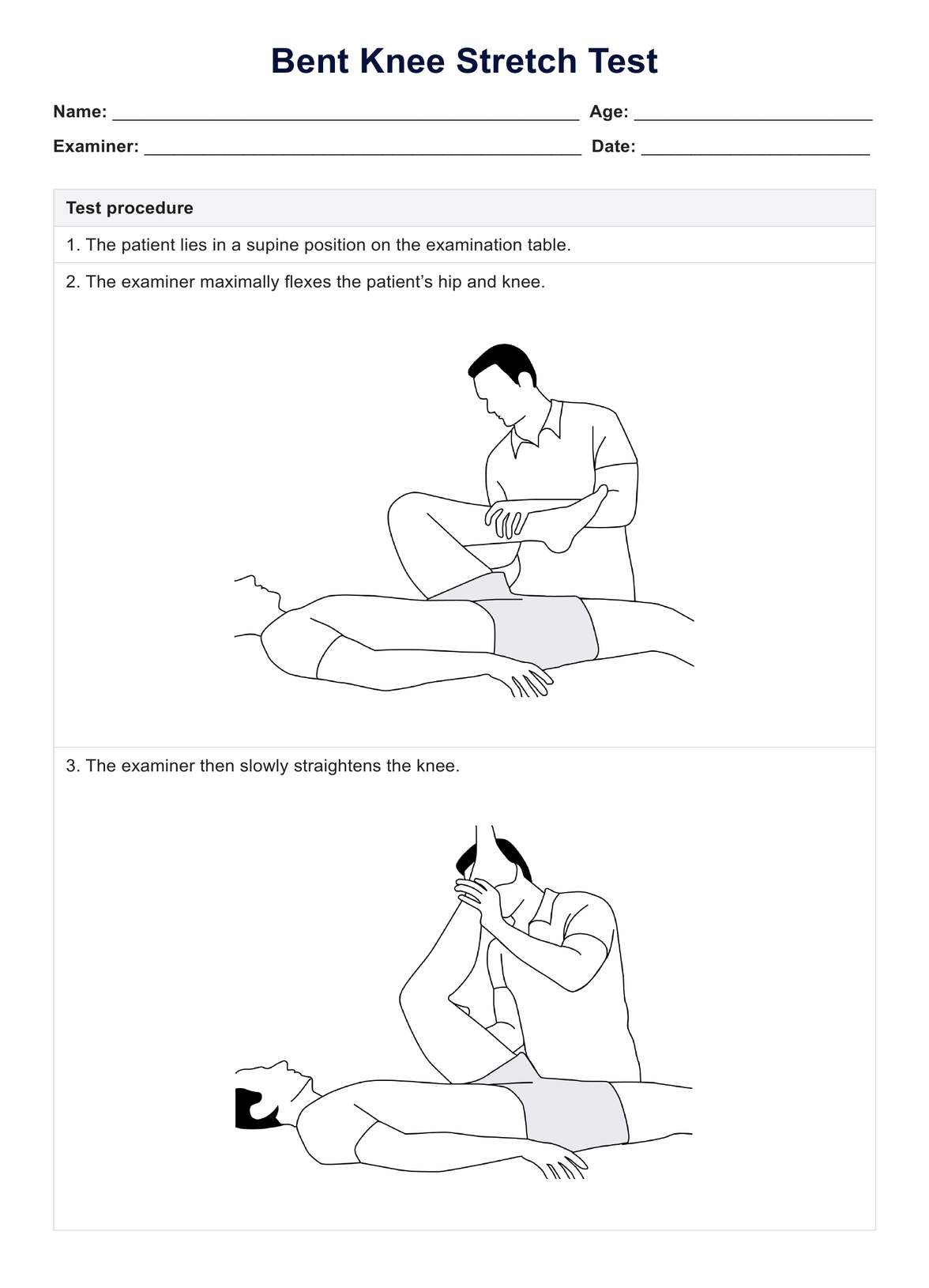
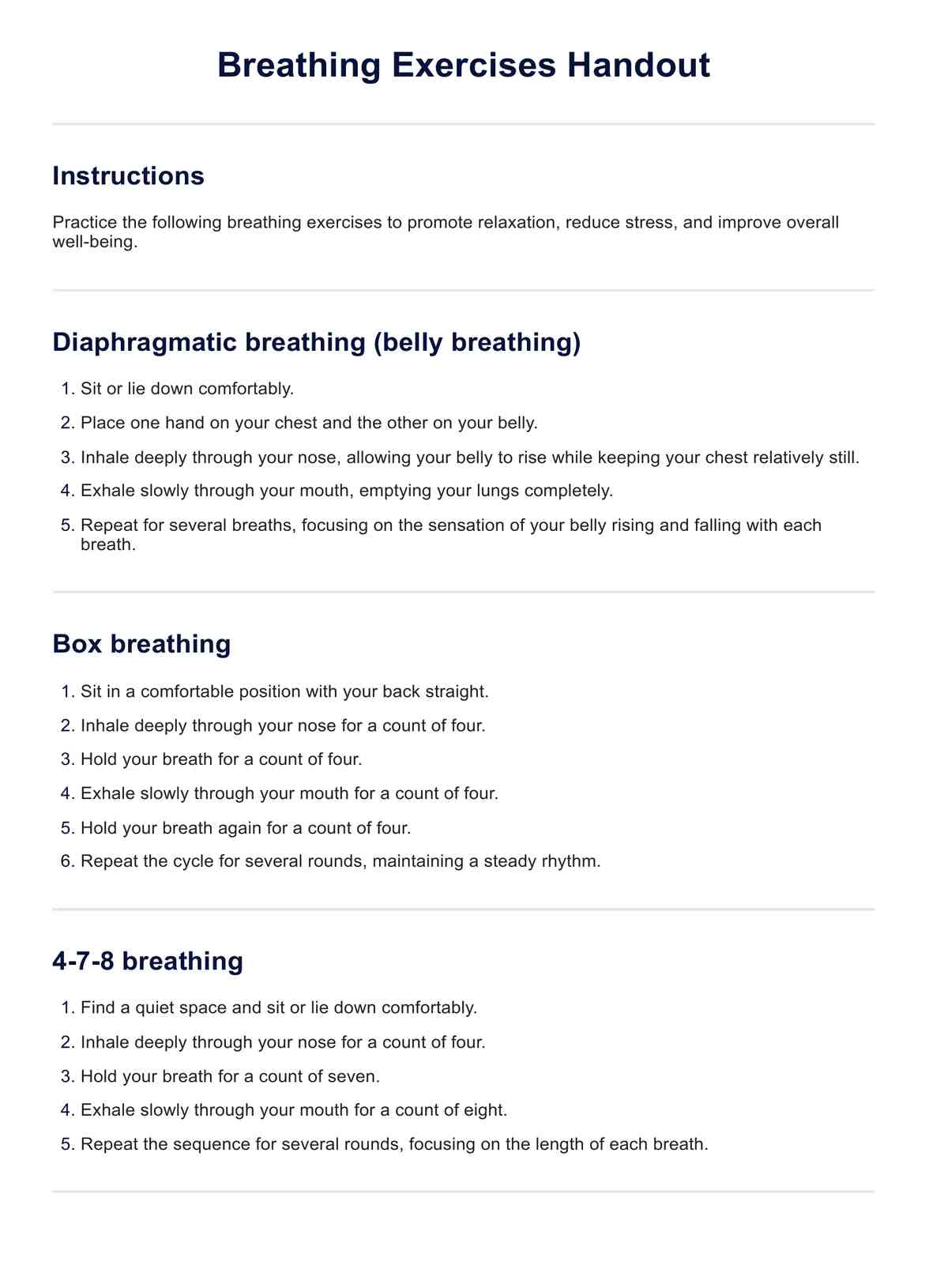







-template.jpg)












































